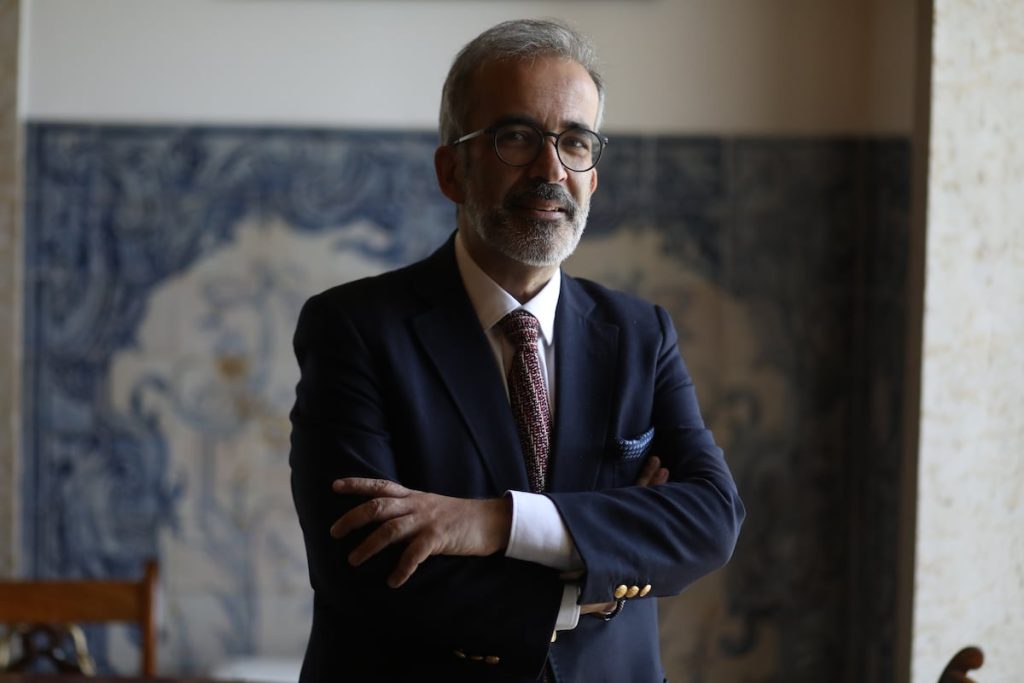Paulo Rangel, a 56-year-old jurist from Vila Nova de Gaia, is the vice president of the Social Democratic Party (PSD), a center-right party, and the new Minister of Foreign Affairs in Portugal. He is a staunch advocate of European integration, with 15 years of experience in the European Parliament in Strasbourg. Rangel recently met with his Spanish counterpart, José Manuel Albares, just days before Spain announced its recognition of the State of Palestine. While Portugal is aligned with Spain’s stance, they prefer to wait for broader consensus before taking a similar step. Rangel refuses to label the situation in Gaza as genocide, but demands an immediate ceasefire from Israel.
Portugal’s position on recognizing Palestine as a state is closely aligned with Spain and Ireland, although there is a temporal difference. Rangel emphasizes the need for a unified European stance on the issue of the two-state solution. Portugal has been making efforts to persuade reluctant countries to support a vote on Palestine at the General Assembly. Rangel stresses the importance of not creating division within the EU and advocates for a constructive approach to the crisis in Gaza, calling for an immediate ceasefire and the release of hostages.
Although Rangel does not categorize the events in Gaza as genocide, he acknowledges the humanitarian catastrophe and calls for condemnation of the situation. He urges Israel to accept an immediate ceasefire and to address the urgent needs of the Palestinian people in Gaza. Rangel emphasizes the importance of maintaining pressure on the Israeli government while recognizing the existential threat Israel faces. He underscores Portugal’s support for a two-state solution, emphasizing the rights of both Israel and Palestine to coexist peacefully.
Regarding the conflicts in Gaza and Ukraine, Rangel views both as significant challenges for the EU. He highlights the crisis created by the Russian invasion of Ukraine as a threat to European values of democracy, rule of law, and market economy. He stresses the need for the EU to address these crises as they pose risks to Europe’s Eastern borders. Additionally, Rangel raises concerns about the Sahel region, emphasizing the need for vigilance due to the increasing influence of Russia in the area.
Reflecting on the EU’s relationship with Russia, Rangel criticizes Europe’s overdependence on Russian energy resources, which he sees as a strategic mistake. He highlights the need for a diversified energy strategy and emphasizes the importance of considering factors beyond economics in diplomatic relations. Rangel points out the consequences of aligning with Russia, particularly in light of environmental and geopolitical concerns. He stresses the significance of Europe’s transition to renewable energy sources.
In response to questions about potential alliances with far-right parties, Rangel emphasizes the importance of upholding democratic values and human rights. He rejects the idea of forming coalitions with parties that undermine the European project or support authoritarian regimes. Rangel advocates for dialogue with mainstream political forces while cautioning against radicalization. He stresses the need for moderation in political discourse and warns against alliances with anti-democratic parties.


